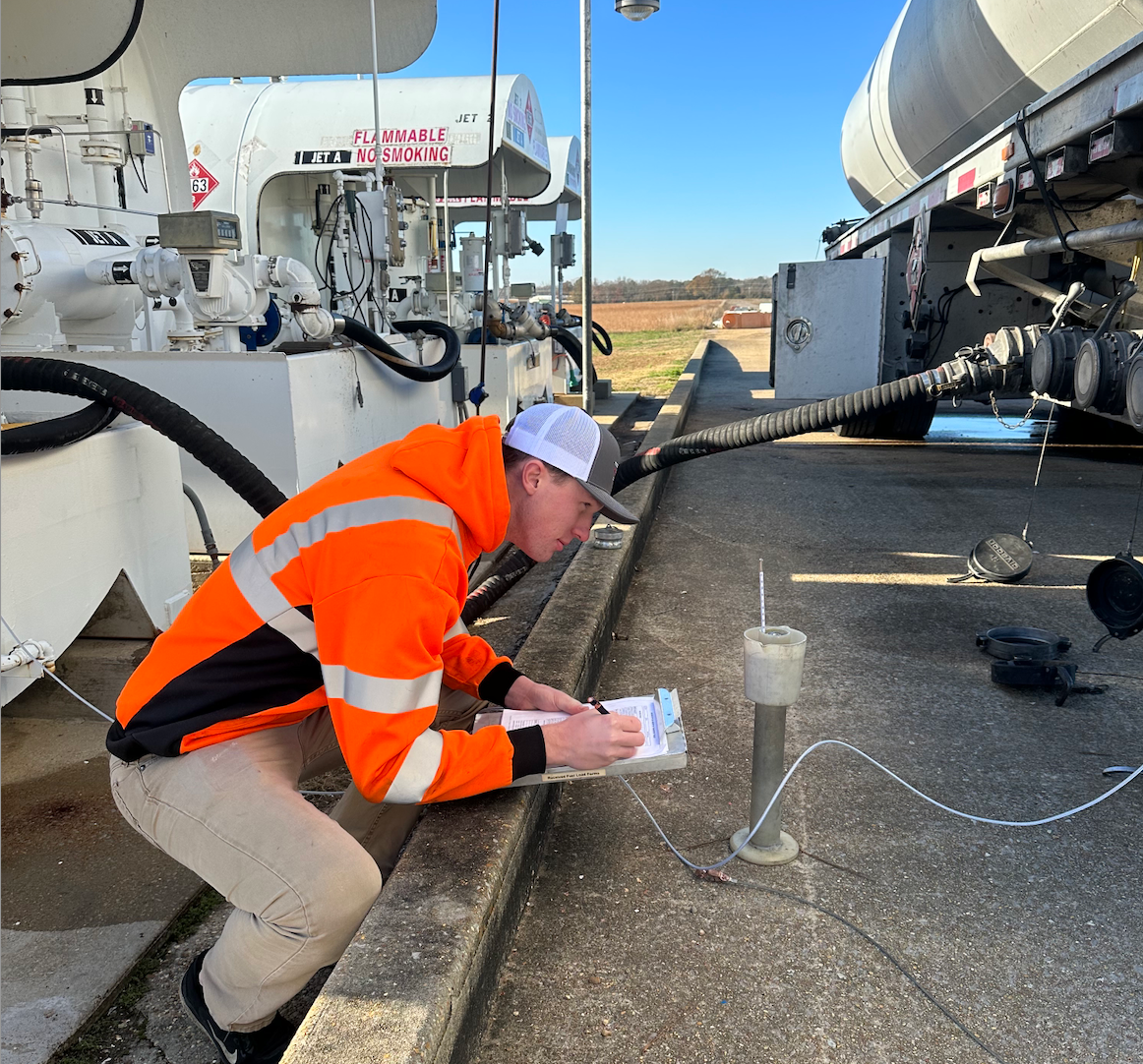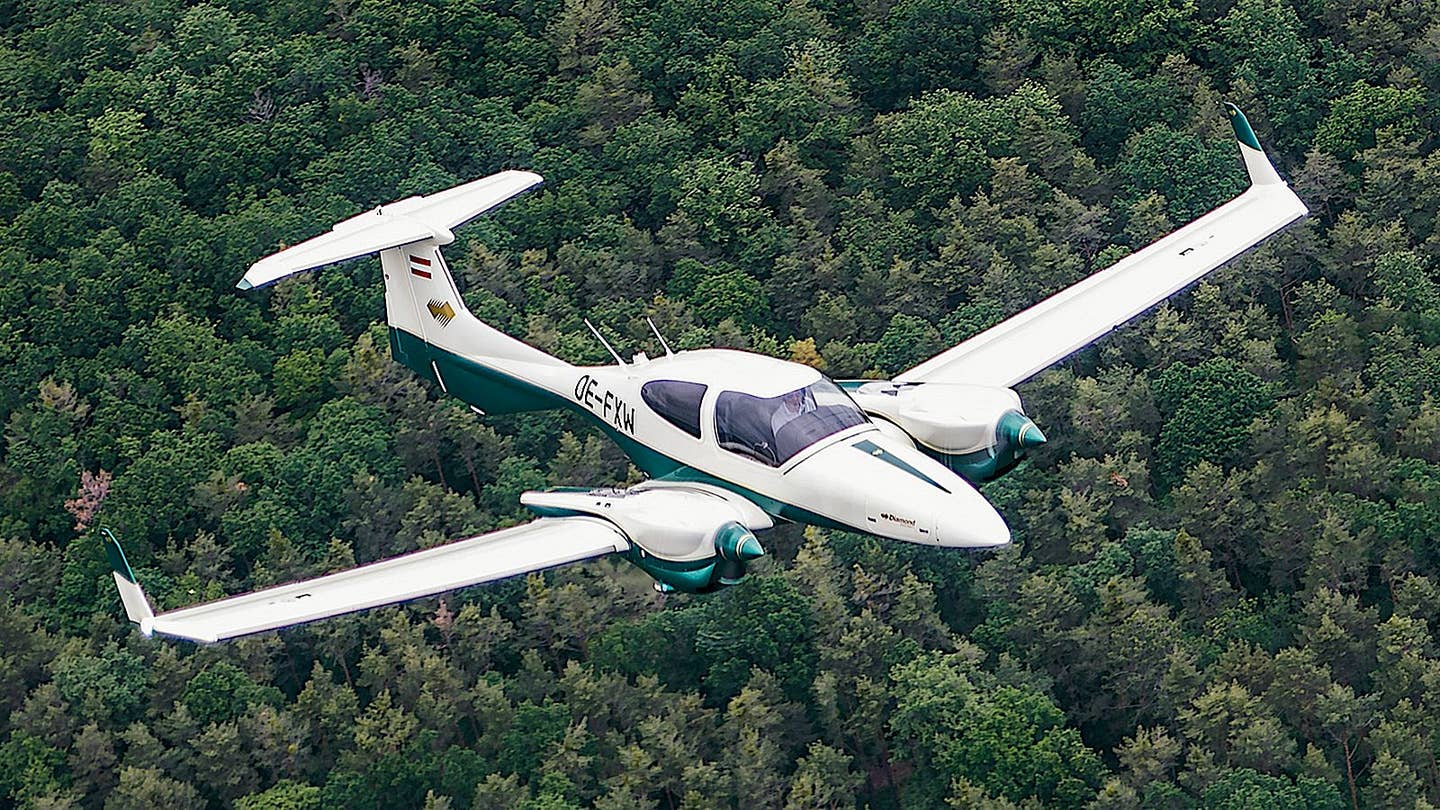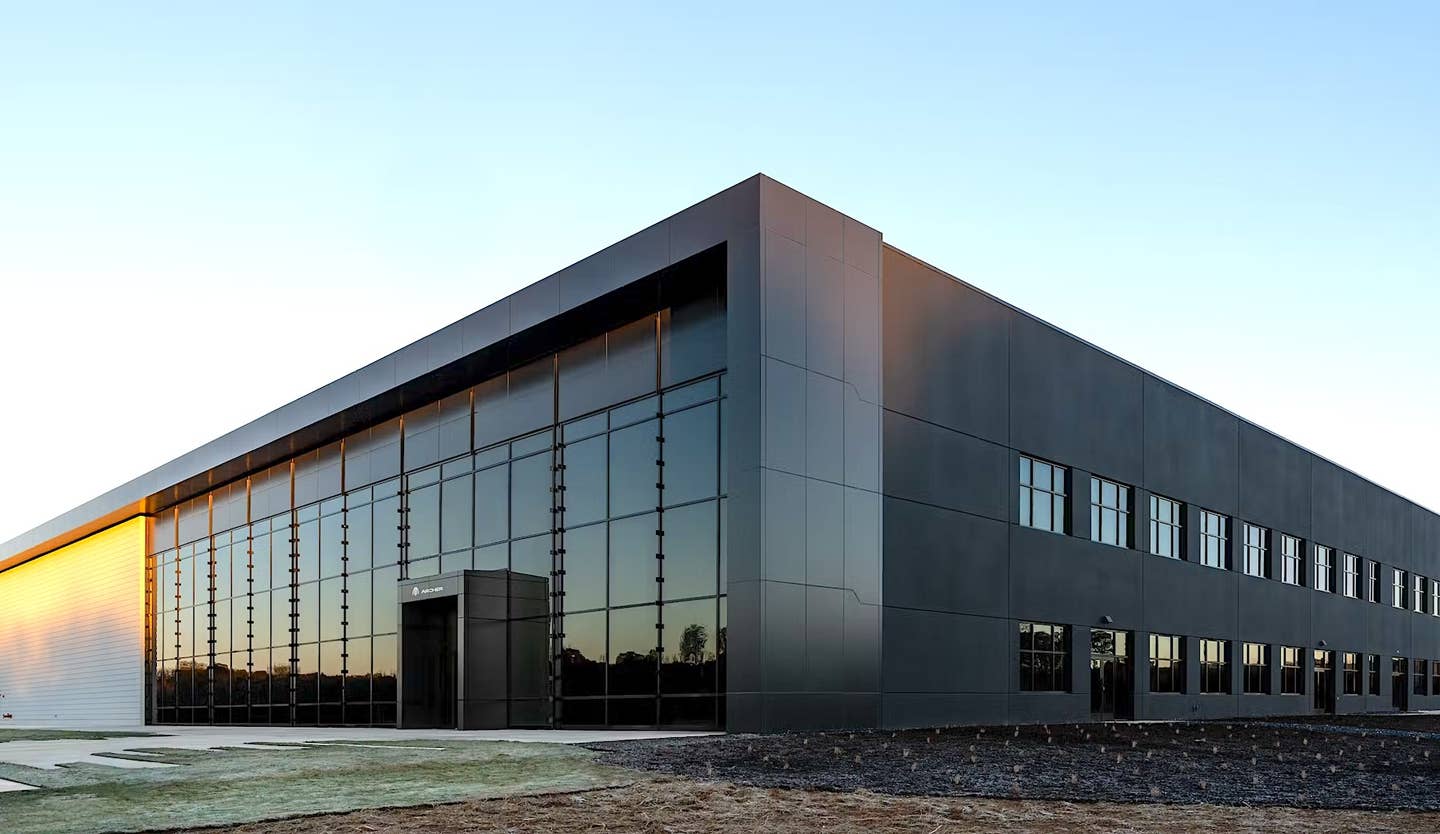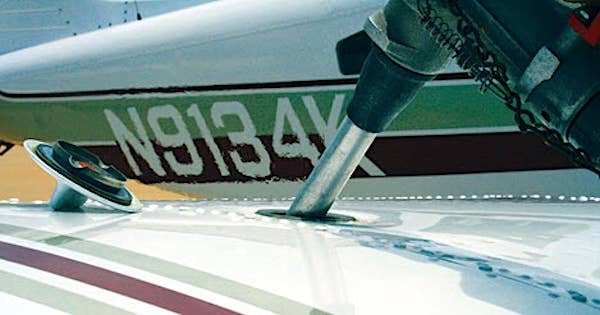Automated Production To Build Small Airplanes
We always just assume that it can’t work because of small volumes. But what if that’s actually wrong?
In doing news reporting, if you hear certain things enough, you quite naturally begin to believe that accepted truths are, well, true. That's certainly the case with the economics of airframe manufacturing. It's accepted wisdom that one reason airplanes are so expensive—not the only reason, but one reason—is low volume. This is a basic tenet of mass production that was as true a century ago as it is today.
It flows from this that because airplanes are both made in volume and composed of components that don't lend themselves to robotics or automation, small aircraft are basically bashed together with hand drills, hammers and rivet guns. End of story. Next topic.
Well, maybe not. Last month I was visiting Daher's new facility in Pompano Beach to shoot a video on the TBM and spent most of the day with senior VP Nicolas Chabbert, whom I've known for close to 20 years from his days at Mooney. Chabbert is interested in the same things I am about airplane building, specifically production economics and marketing. When the conversation drifted around to the current market, which Daher describes as recovering, but not booming, I mentioned that the general economy isn't doing too badly and neither is the stock market. We're in period when a healthy Dow isn't tracking higher airplane sales.
"Too macro," Chabbert said, then hit with me his theory. TBMs are unique in that they tend to be owner flown for personal travel and are bought by wealthy individuals who don't leverage them much. On a white board, he sketched out the Dow on a quarterly basis in series of bar graphs with different heights. He said there's a sales opportunity for Daher right as a strong quarter peaks and a buyer has the money—or the confidence—if the company could just take an order and deliver, say, in a month, instead of three or more, as the case is now. If not longer. He describes this as the Ford Motor Co. sales model of fulfilling specific customer spec'd orders.
But how to deliver more quickly? That turned the conversation to Eclipse and its much touted automotive-style production system. For all the mistakes Eclipse made—and that's plenty—at the bitter end, it had a unique aircraft production system. "They really could build an airplane in two weeks," Chabbert says. Of course, it took an investment of over a billion dollars to get there. To be fair, most of that went to cert costs, but Eclipse still burned through a mountain of cash to build a factory that never quite jelled.
Surely these kinds of production economics couldn't apply to Daher, which delivered 51 airplanes last year, at a value of about $189 million, according to GAMA. Not necessarily, Chabbert said. It depends on the required investment to bring online something like Eclipse's friction stir welding apparatus. He's the first executive who has said to me that such a thing might be worth a serious look. In my wildest Pollyannaish fevered state, if something like this came to pass, would it reduce the price of airplanes? Nope, said Chabbert. OK, how about improving profitability for the company. No, not that either. Then why do it? "Flexibility," he said. There are incremental sales to be had in delivering to a potential buyer sooner rather than later. If that sold six airplanes a year that otherwise wouldn't have been sold, that's a decent uptick.
Flexibility is the ubiquitous buzzword in modern manufacturing. Everywhere I go, companies that make things are investing in equipment that's flexibly capable of making not so much a large number of parts as a smaller number of a larger variety of parts. (For an example of this, see the tour of the Lycoming factory I shot last winter.)
My conversation with Nicolas was the first time I've heard flexible manufacturing applied to entire airframes in quite this way. I don't know if it can work or not, but it's interesting to contemplate. It causes me to at least recalibrate my personal conventional wisdom, which turns out to be not that wise most of the time. That's why I ask other people about this stuff.





